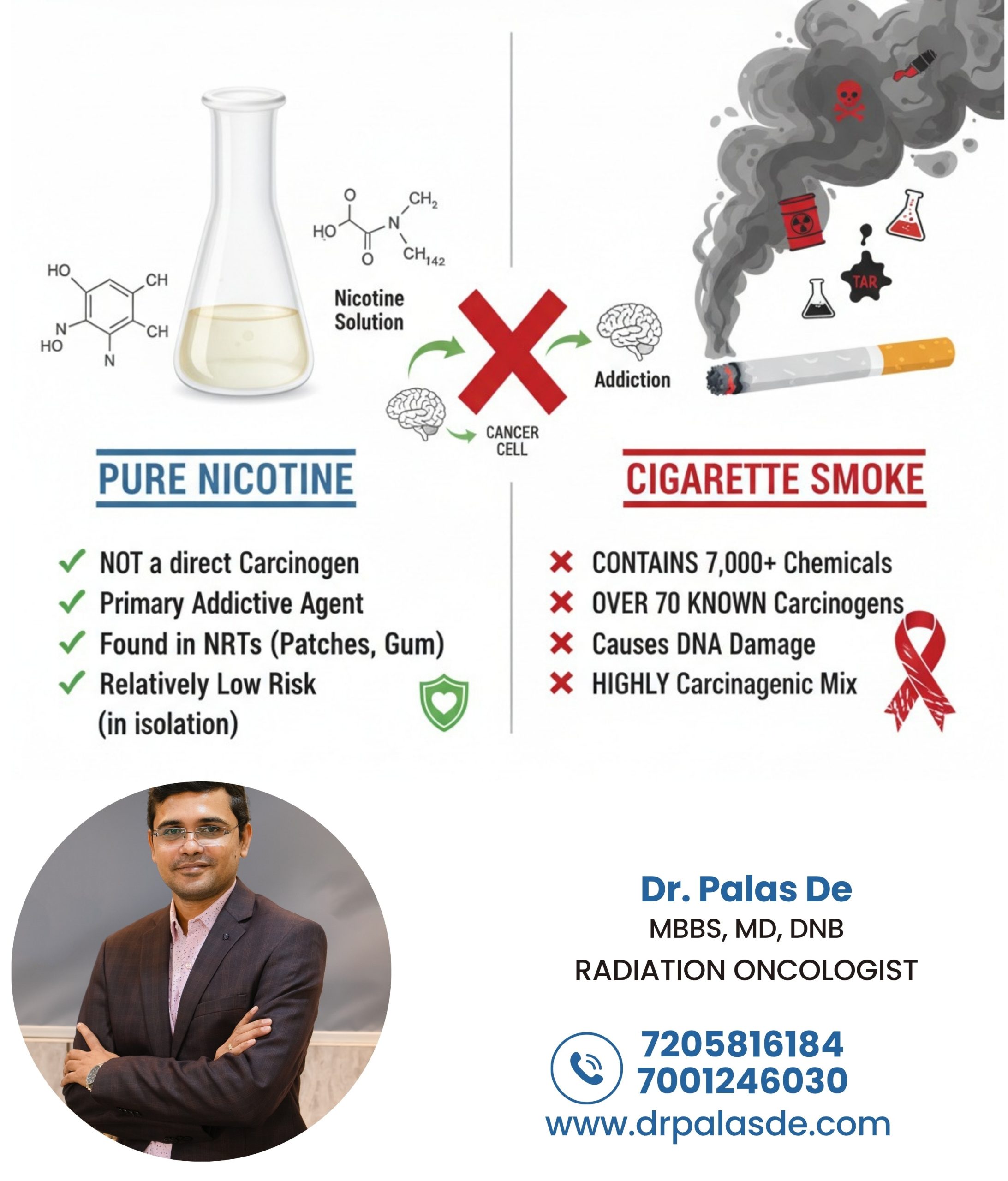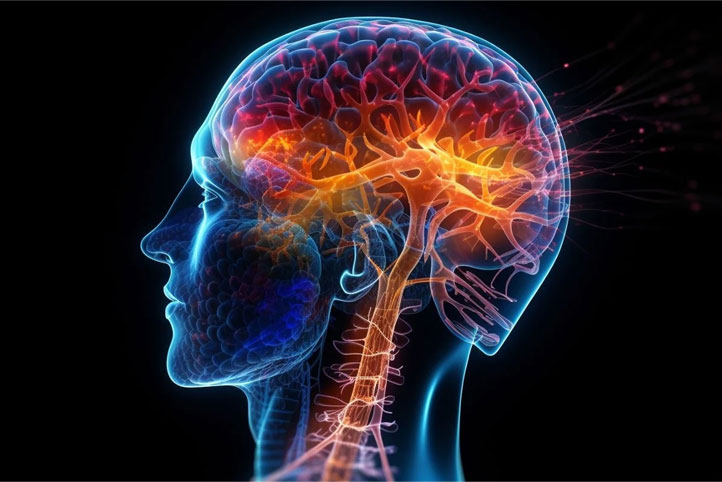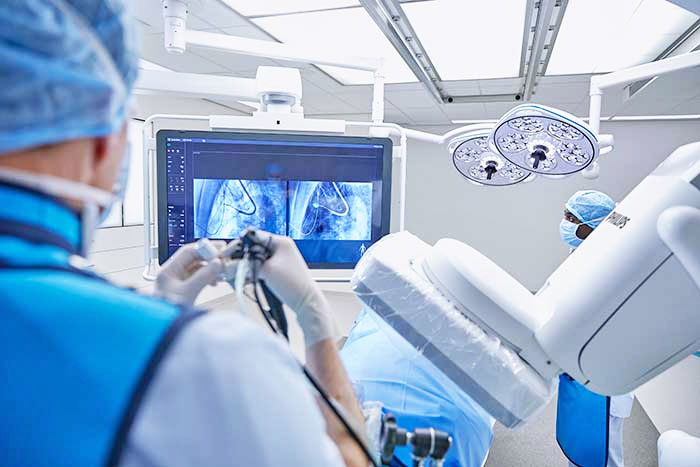

Dr. Palas De
M.B.B.S, MD, DNB
Radiation Oncologist
Menu

M.B.B.S, MD, DNB
Radiation Oncologist
Home » Knowledge Center » The impact of radiotherapy on quality of life for cancer patients

Radiotherapy is a cancer treatment that uses high-energy beams to kill cancer cells. It is a common treatment for many types of cancer, and it can be very effective in shrinking tumors and controlling cancer growth.
However, radiotherapy can also have side effects that can impact a patient’s quality of life. These side effects can vary depending on the type and location of the cancer being treated, as well as the dose and frequency of the radiation treatments.
Some common side effects of radiotherapy include:
These side effects can range from mild to severe, and they can affect a patient’s ability to work, go to school, and socialize. In some cases, they can also lead to depression and anxiety.
The good news is that most side effects of radiotherapy go away on their own within a few weeks or months after treatment ends. However, some side effects, such as fatigue and cognitive changes, can last longer.
There are a number of things that cancer patients can do to manage the side effects of radiotherapy and improve their quality of life. These include:
Cancer patients should also talk to their doctor about any side effects they are experiencing. The doctor can help to determine the best way to manage the side effects and improve quality of life.
With proper care and support, most cancer patients can live a full and active life after radiotherapy.
Here are some additional tips for cancer patients to improve their quality of life during and after radiotherapy:
Radiotherapy can be a challenging treatment, but it is important to remember that it is often the best way to fight cancer. With proper care and support, most cancer patients can live a full and active life after radiotherapy.








M.B.B.S, MD, DNB
Radiation Oncologist